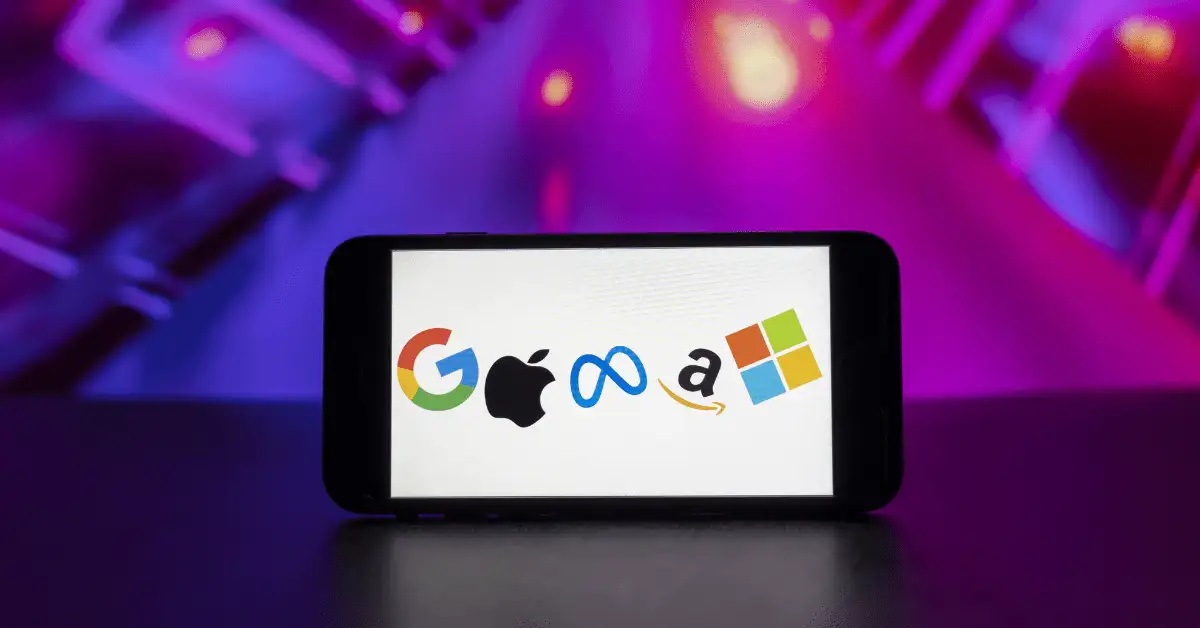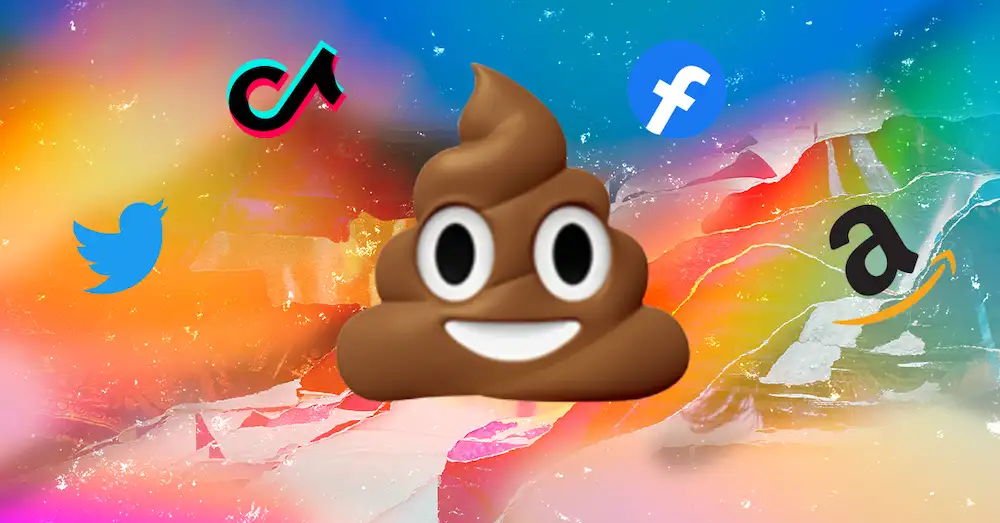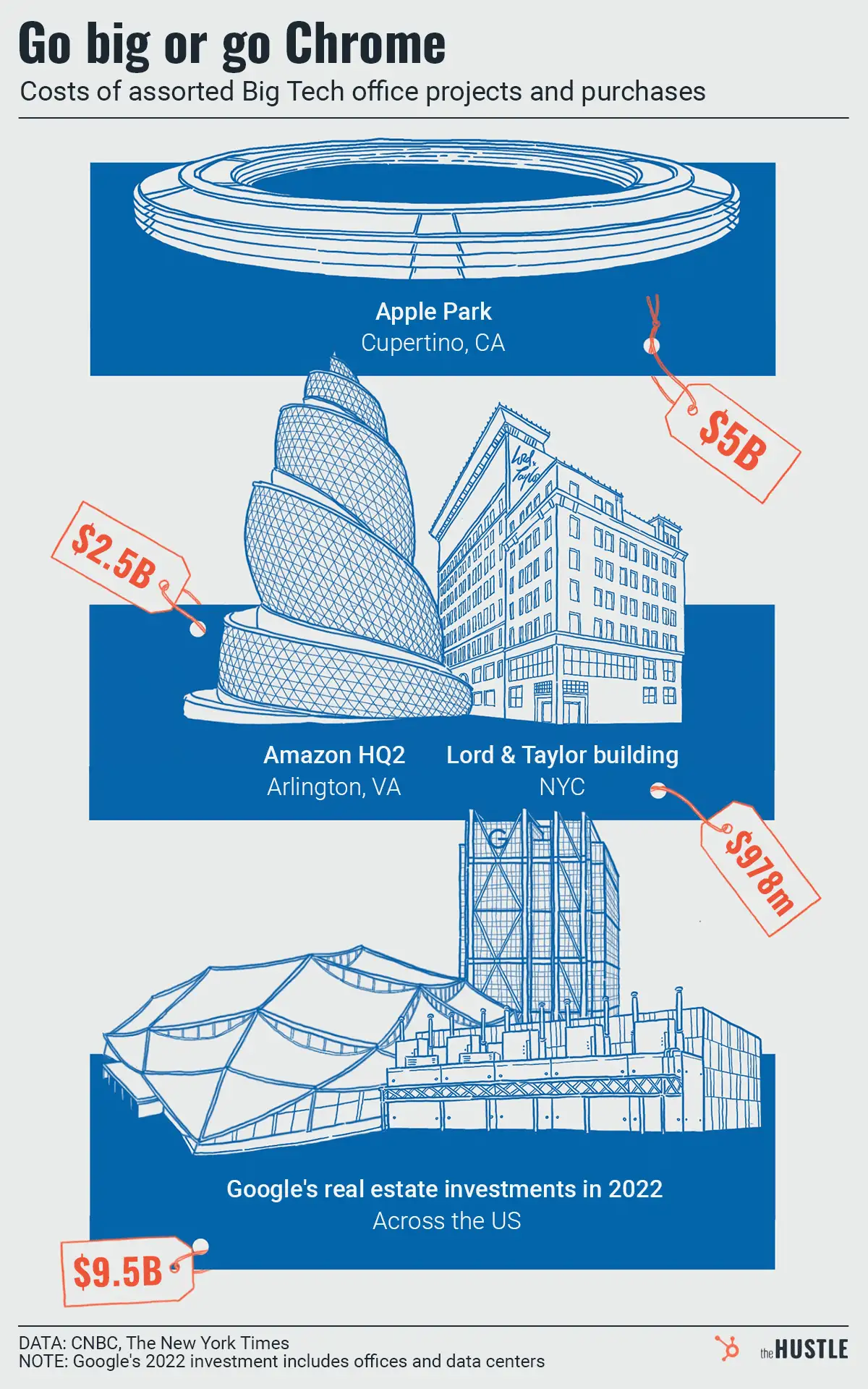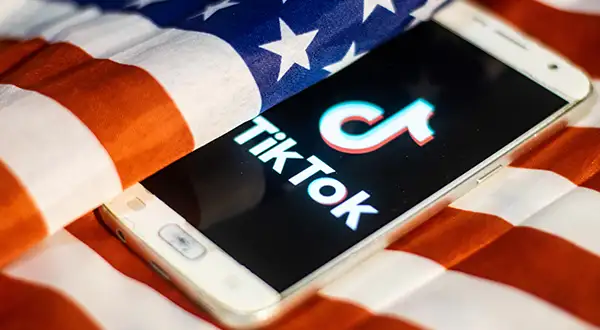
The Apple vs. Epic ruling, explained
A federal judge ruled that Apple is *not* a monopolist. But, now, the iPhone maker has to allow developers to steer their users to other payment options.
Published:
Updated:
Related Articles
-

-

Can VR make you care about nature?
-

Alphabet’s innovation lab will solve humanity’s biggest problems, if others help foot the bill
-

The government vs. AI deepfakes
-

Big Tech power rankings: Where the 5 giants stand to start 2024
-

The government can read your push notifications
-

Enshittification just keeps happening
-

After years of building pricey playgrounds, Big Tech recalibrates
-

TikTok’s new plan to avoid getting banned in the US
-

Why are there so many tech layoffs?


